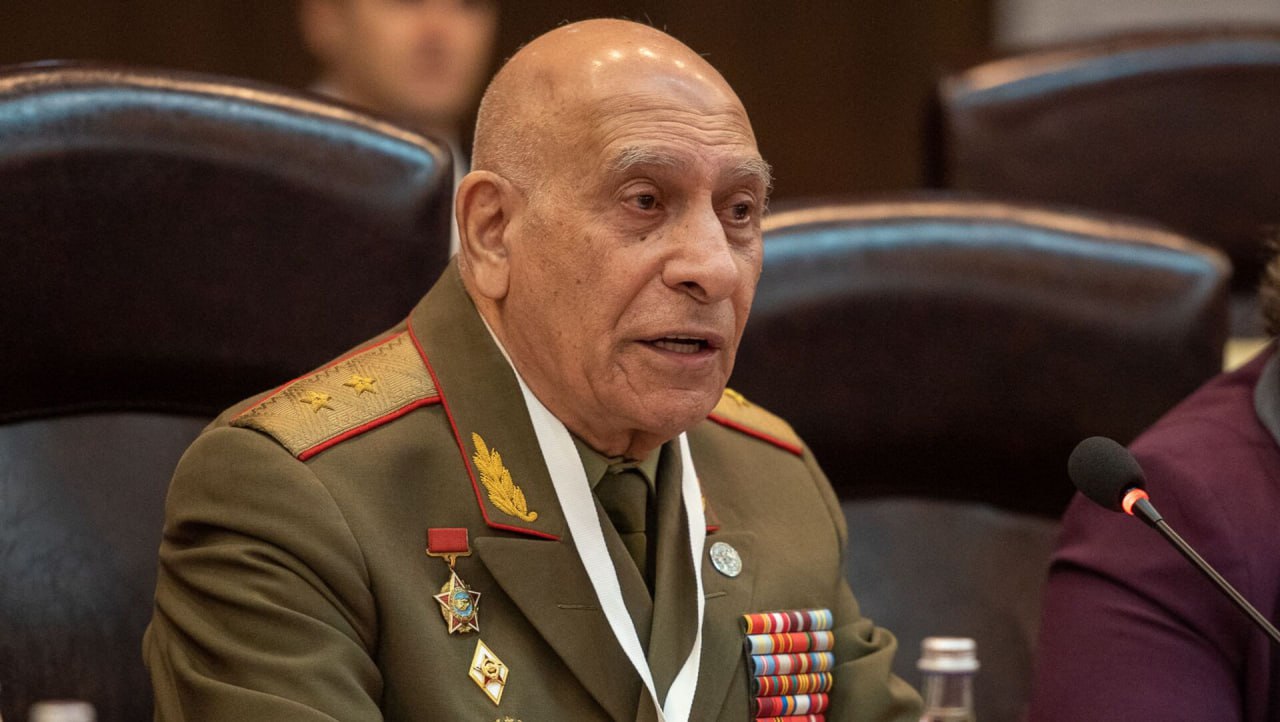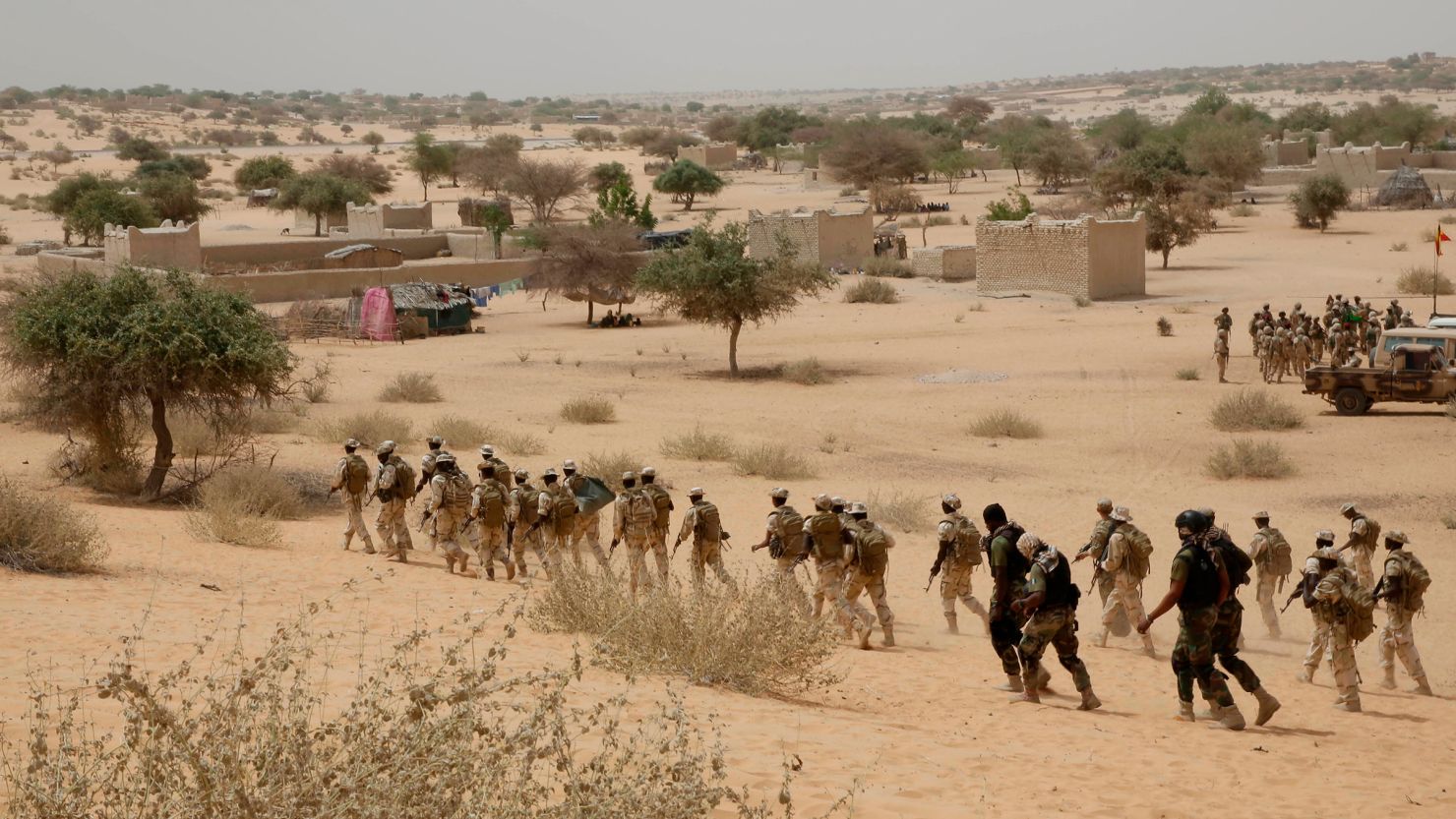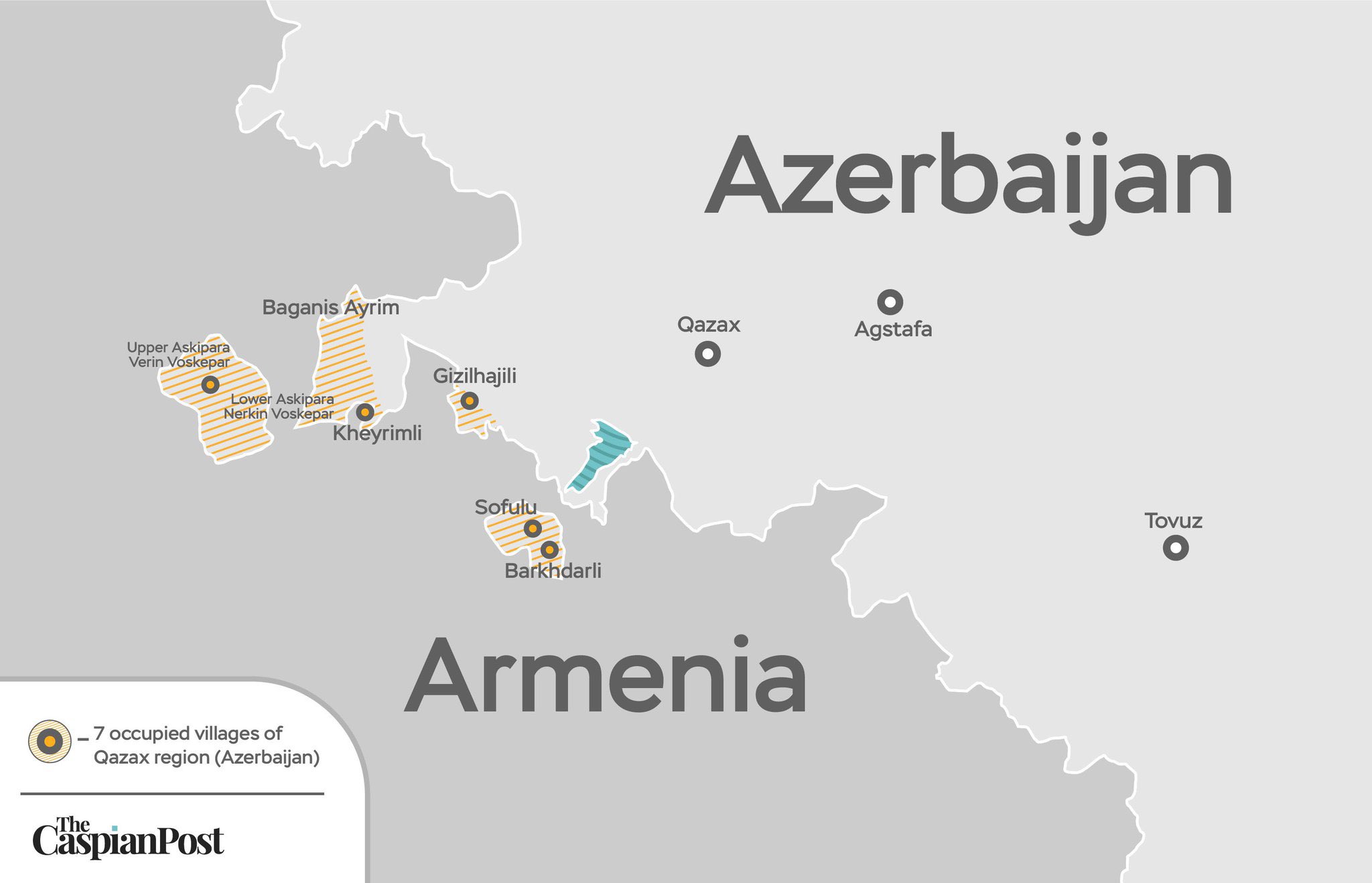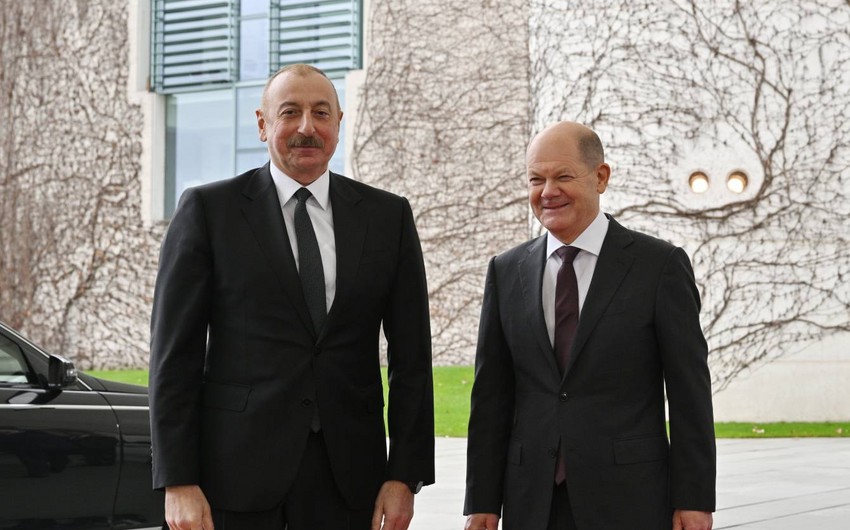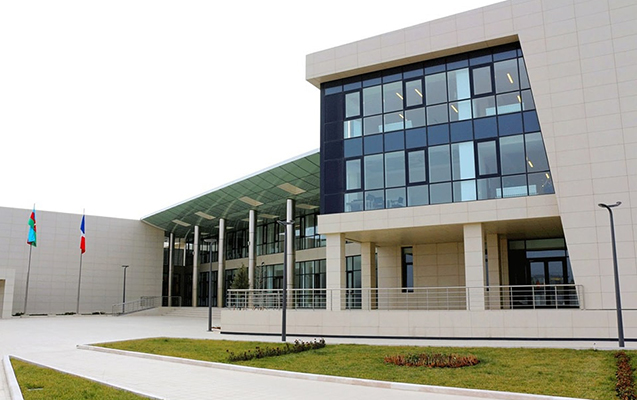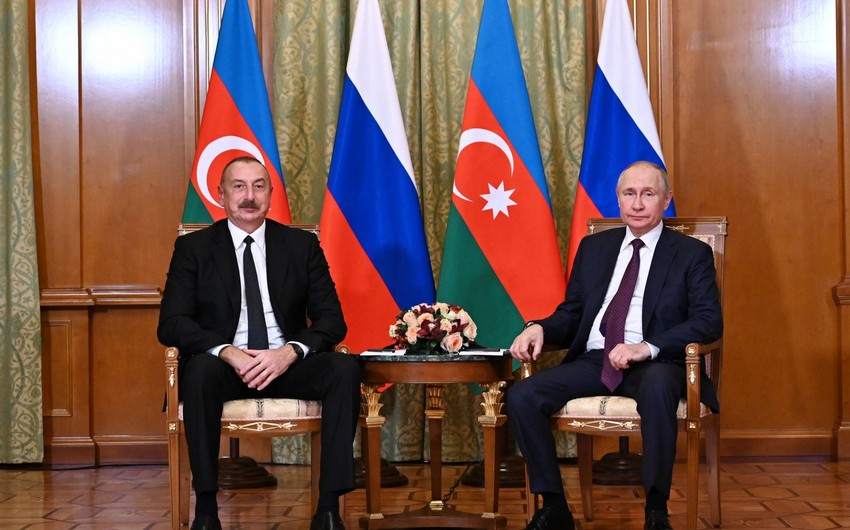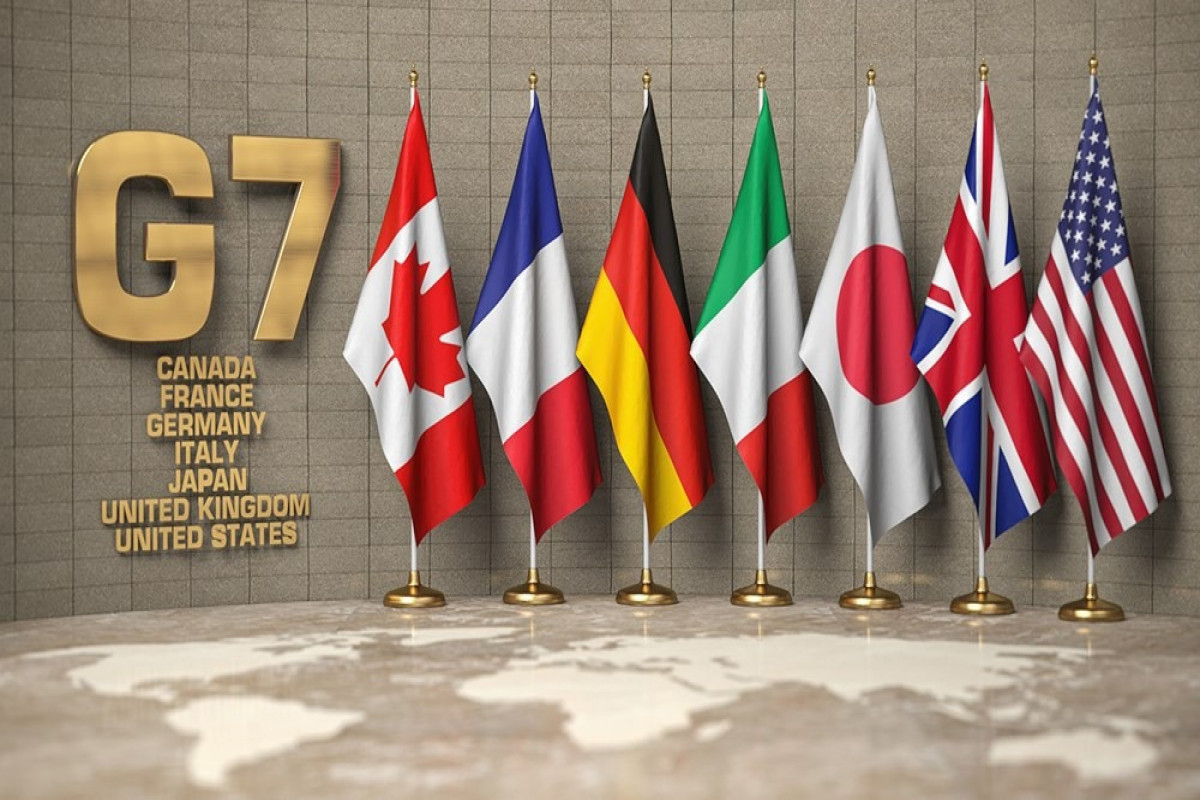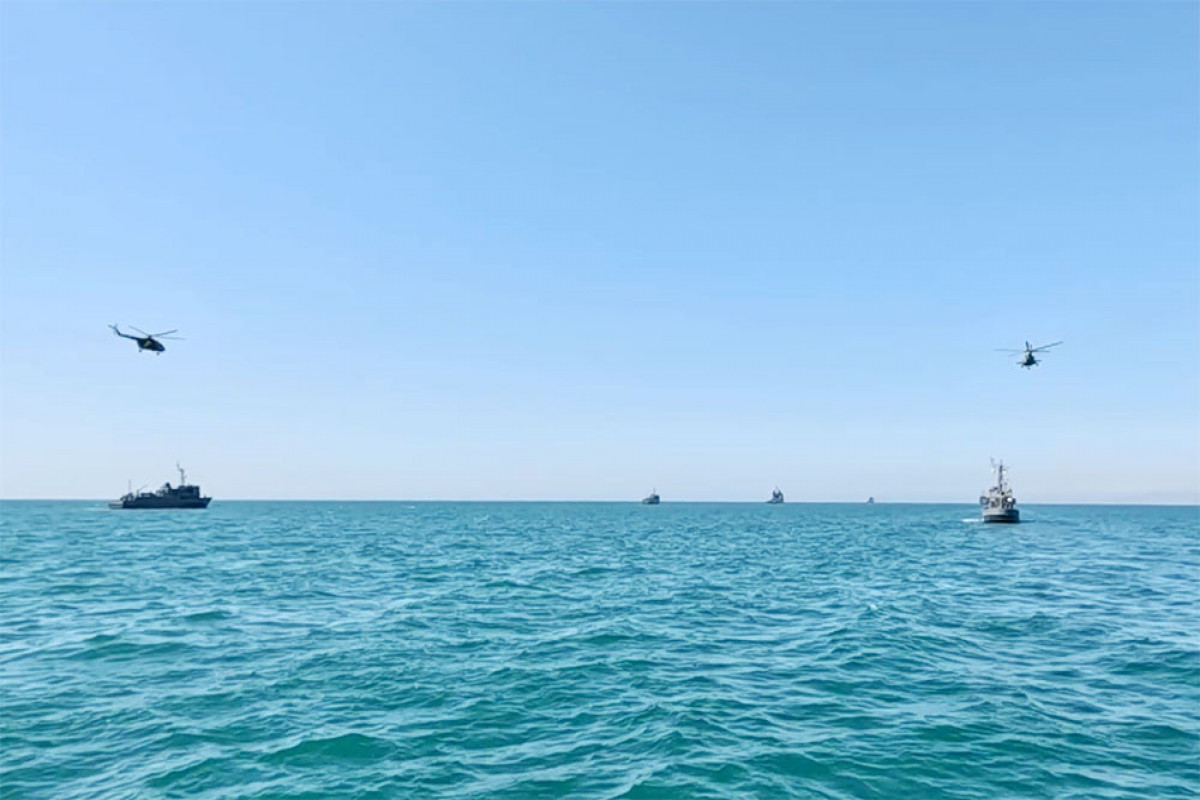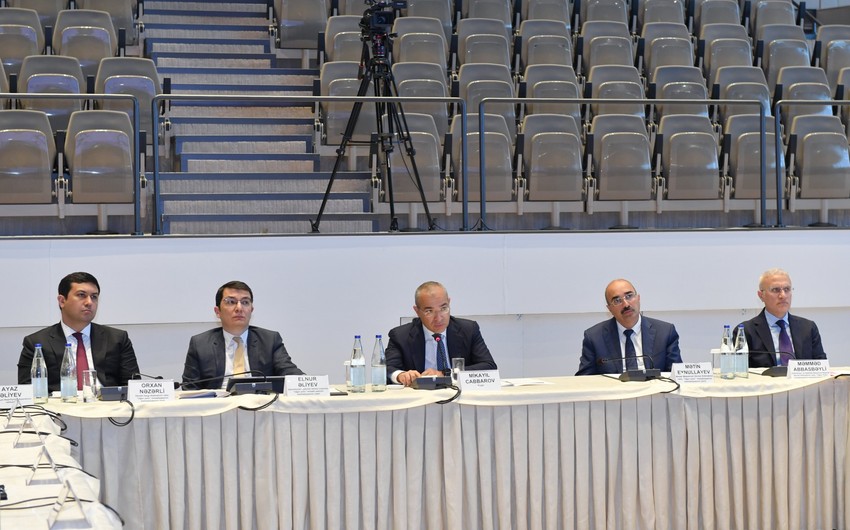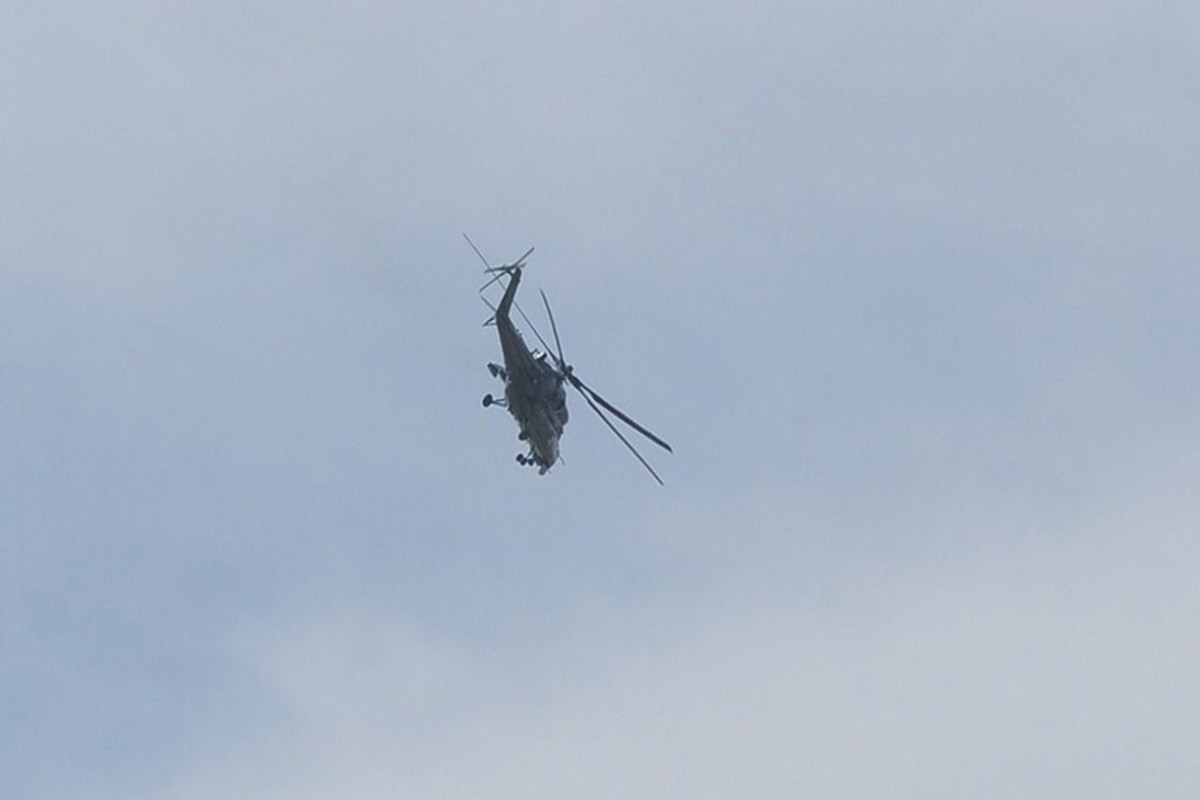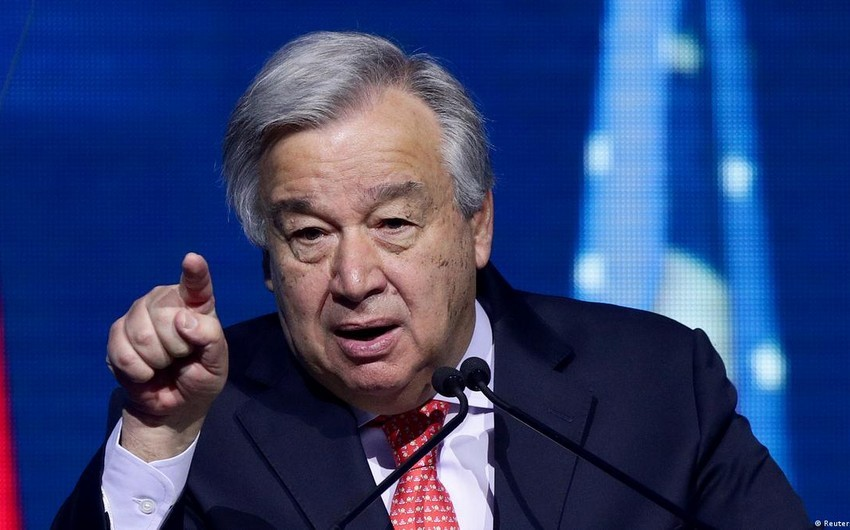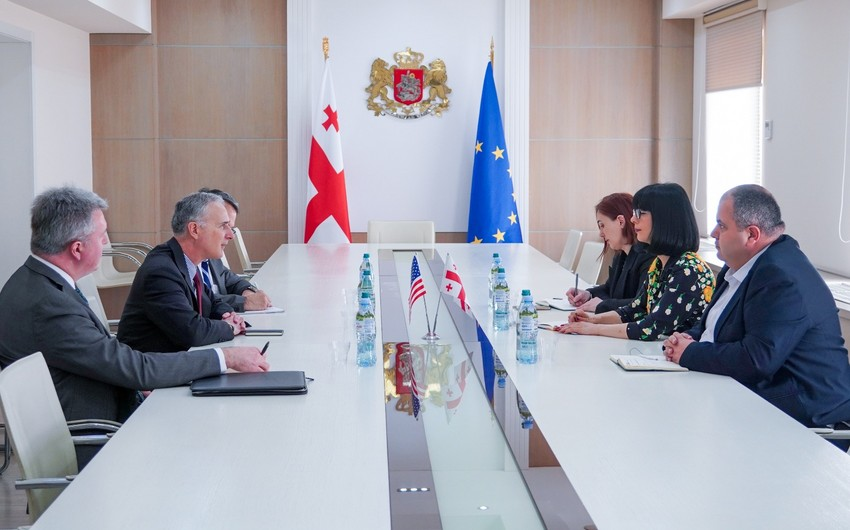The COVID-19 pandemic is the defining global health crisis of our time. It is causing disruption and human suffering around the world. Its far-reaching social, economic and multidimensional impacts will be felt across all corners of the globe for some time to come. The measures to contain the spread of COVID-19 have resulted in reduced demand, struggling service sectors, falling commodity prices and millions of jobs lost, pushing people into unemployment and poverty. Trade is expected to fall steeply in every region of the world and across all sectors of the economy. Global freight transport volumes in 2020 could be reduced by more than a third compared with estimates foreseen without COVID-19.
Nowhere are the risks of this health crisis turning into a development crisis higher than in the most vulnerable countries in the world, which are ill equipped to deal with the fallout from this pandemic. The Landlocked Developing Countries (LLDCs) are amongst the most vulnerable countries facing binding constraints to growth and development, including isolation from global markets, dependence on transit neighbours, small size, lack of productive capacities, structural challenges and vulnerability to external shocks.
While it may appear that LLDCs have been less exposed to COVID-19, it is important to remember that the situation is constantly evolving, with confirmed cases on an upward trajectory in many countries. Low levels of health spending and low capacities present unique challenges to many LLDCs in effective testing, containment and eventual treatment. At the same time, the economic and social conditions are deteriorating rapidly in many LLDCs, mostly as a result of the domestic lockdown measures and international restrictions on the movement of people and goods. Given already existing challenges, a large informal sector and limited safety net schemes, the socio-economic effects on LLDCs could be severe.
The impacts of a combined lockdown measures, health pandemic and a global recession will likely halt or potentially even reverse LLDCs’ progress towards the Sustainable Development Goals and the aspirations included in the Vienna Programme of Action for the LLDCs for the Decade 2014-2024.
LLDCs are particularly vulnerable to cross-border restrictions and border closures, given their dependency on transit transport to access international markets. Even in normal times, functioning and efficient transport networks and transit procedures are particularly critical in increasing connectivity and integration of the LLDCs in Africa, Asia, Europe and Latin America into world markets. In these unprecedented times, there is an even more urgent need to ensure smooth transport of goods to and from these countries. Transit transport is critical for LLDCs in both the short-term health response to the crisis by ensuring the delivery of much-needed medical equipment and basic goods, and the long-term economic response by facilitating trade and access to global markets and spurring economic pick-up post COVID-19.
Whereas most of the transport measures introduced in response to COVID-19 have exempted movement of essential commodities, while introducing necessary sanitary and health requirements, this does not mean that cargo has been able to move freely across borders. Border closures, travel restrictions and heightened screenings have resulted in long queues at land borders and congestions at ports and airports across the world. In order to help reduce delays and keep vital supply chains up and running, UNECE supported by the other regional commissions and organizations created an online “Observatory on Border Crossings Status due to COVID-19”, which provides a real-time overview of up-to-date information regarding freight border crossing limitations globally.
In some countries, infrastructure at inland border-crossing points is extremely precarious, not only posing additional challenges to the processes at borders, but also exposing staff to higher contagion risks. The COVID-19 pandemic has also already begun to generate negative impacts on imports from LLDCs.
The decreased operation of port services, as a consequence of the pandemic, has also generated substantive increases in maritime logistics costs, impacting the costs of land transportation and, ultimately, affecting the cost of products to the final consumers. Given that LLDCs already face higher costs when compared to other countries, the consequences of COVID-19 are even more detrimental to their competitiveness in international markets.
The COVID-19 crisis demands decisive action now.
Facilitating smooth movement of goods and keeping borders open for trade is fundamental. We call on Governments and organizations in the regions to collaborate to keep cross-border transport corridors and regional transport networks open as much as possible, while protecting public health.
First of all, we call on the Governments to refrain from any unjustified restraints on traffic and goods in transit to make sure that goods can depart from and reach the LLDCs when needed, without delay or hinderance. It is critical that border clearance procedures for medical equipment and basic goods and commodities to LLDCs are simplified and fast-tracked. Ensuring transparency and information availability about import, export and transit procedures is essential in order to secure the smooth flow of goods. We encourage LLDCs and transit partner countries to make trade and transit related information available on the internet, including by making use of centralized online Trade Information Portals.
Second, now is the time for LLDCs and neighbouring countries to make use of trade facilitation standards and digital technologies that limit physical checks in transit, physical contact at borders and protect the health of workers, such as electronic exchange of information and paperless solutions. The accelerated implementation of the eTIR International System which ensures contactless and paperless border crossing operations, the use of electronic consignment notes such as eCMR allowing electronic tracking and tracing of goods and vehicles, automation of customs procedures through the ASYCUDA system, implementation of digital freight corridors and many other initiatives underway have reached momentum now. Policies and procedures that prevent unnecessary and systematic stopping of trucks at all borders need to be implemented. The implementation of international conventions such as the Revised Kyoto Convention, the WTO Trade Facilitation Agreement, the TIR Convention, the Harmonization Convention and other relevant legal instruments are of utmost importance in these times to facilitate transit transport.
Third, governments around the globe need to respond to this pandemic not only by minimizing disruptions to international transport but also by viewing the crisis as an opportunity to reorient international freight transport operations towards a more sustainable path. In doing so, they should capitalize on the strengths of different modes of transport and address the obstacles that LLDCs are facing along the supply chains. For example, the distinctive features of railway transport, such use of less manpower over long distance, efficiency and environmental performance are working to its advantage in the current situation, in particular in Euro-Asia. In this regard, the use of international railway transport should be further encouraged and facilitated.
Finally, global and regional cooperation on transport connectivity needs to be strengthened. Regional and global value chains and transport systems and services to and from LLDCs have to be sustainable, affordable and resilient to help them respond to the COVID-19 pandemic and future disruptions of similar nature. In the spirit of solidarity and building on the progress achieved in line with the Vienna Programme of Action for LLDCs, strengthening of regional cooperation between LLDCs and transit countries, in particular on transit and transport along important corridors and promoting public and private partnerships is now more critical than ever. Public and private stakeholders are urged to work closely together to facilitate transit, trade and transport and maintain functioning of supply chains and cross-border freight operations.
The UN system stands ready to continue its support to LLDCs and their trading partners by offering analytical and methodological tools and best practices, providing capacity building and, above all, supporting systematic global and regional dialogue on the challenges faced by LLDCs and opportunities for impactful actions.
Fekitamoeloa Katoa ‘Utoikamanu
Under-Secretary-General and High Representative for LDCs, LLDCs and SIDS
Mukhisa Kituyi
Secretary-General of UNCTAD
Vera Songwe
Executive Secretary of UN ECA
Olga Algayerová
Executive Secretary of UN ECE
Alicia Bárcena Ibarra
Executive Secretary of UNECLAC
Armida Salsiah Alisjahbana
Executive Secretary of UN ESCAP


